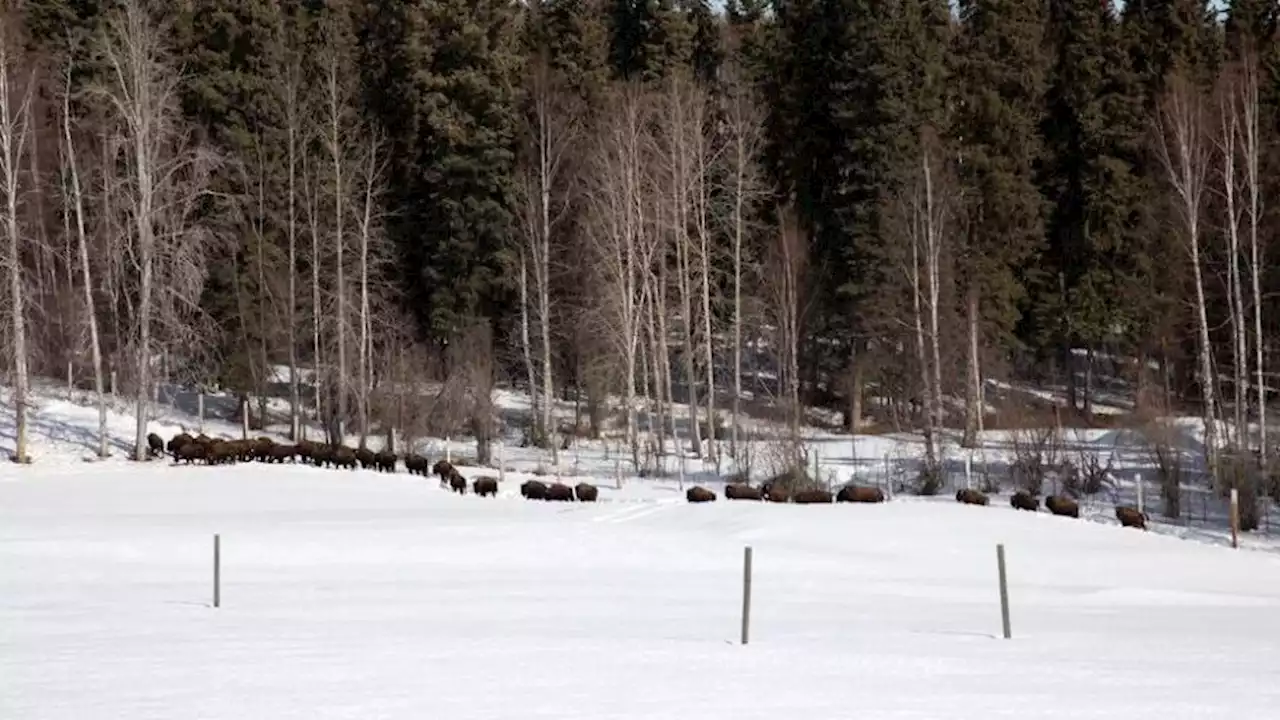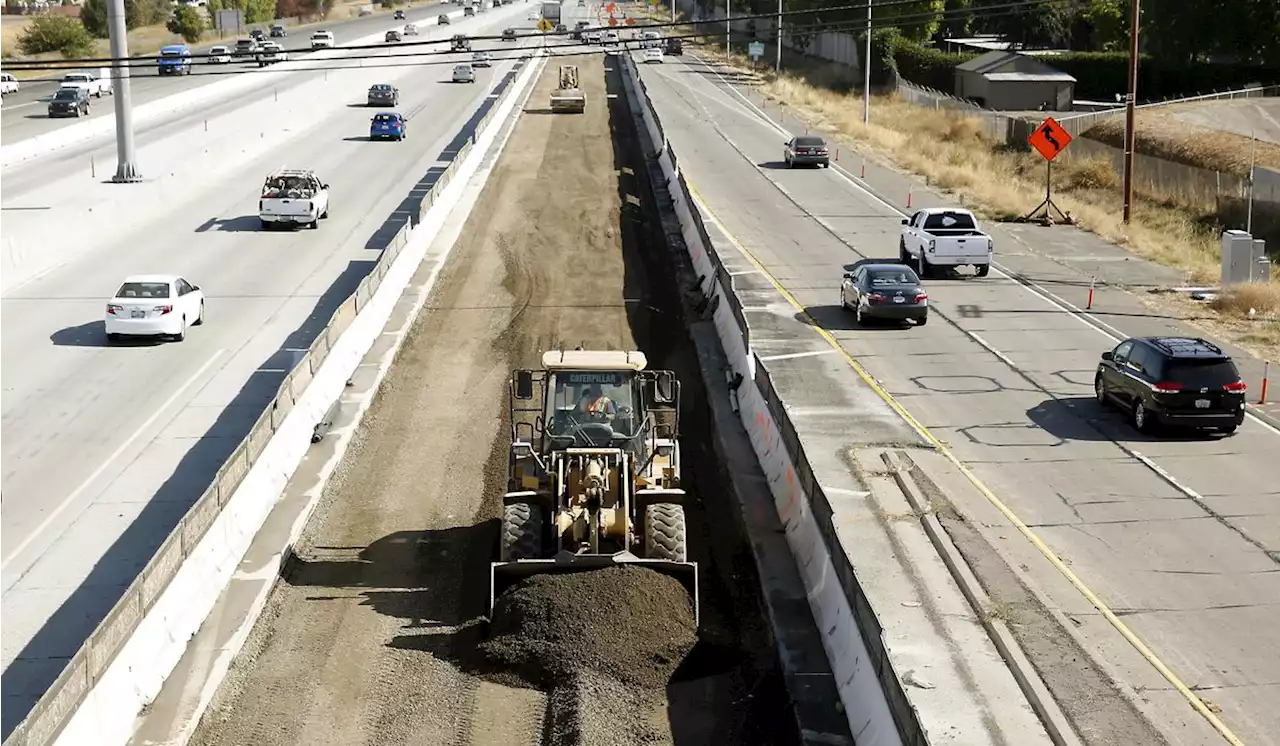Government decisionmakers and businesses now have to grapple with the costs of climate change.
to a bedrock federal environmental law, the National Environmental Policy Act which had been narrowed under former President Donald Trump. The standard will require new infrastructure projects to more broadly consider how they alter the environment, especially when they are planned near already polluted communities.
That recently revived rule is one of several recent White House policies to address climate change by pressing federal and corporate decisionmakers to fully reckon with the costs of an overheated planet.The price of climate change is hard to fathom—financial consulting firm Deloitte predicts that the US stands to lose $14.5 trillion over 50 years if the planet warms by 3°C degrees Celsius—but policymakers have been slow to simply incorporate any of those risks into cost-benefit analyses.
The new rule will also require analyses to consider “cumulative effects” on communities. In practice, this means that projects in places already exposed to air and water pollution may face more careful scrutiny—The New York Times , White House officials say that the Biden administration has already weighed these climate effects in its environmental analyses, so not much would change in the near future. But the rule—if it survives almost inevitable legal challenges—would create a consistent process for future administrations to track the environmental impact of federal projects.
That price of carbon is used in cost-benefit analyses, which may happen alongside or outside of a NEPA review to approve federal projects and policies. Decisions that increase carbon emissions will be judged as having higher financial costs, and are therefore less likely to move forward.
United States Latest News, United States Headlines
Similar News:You can also read news stories similar to this one that we have collected from other news sources.
 Opinion | If the GOP really believed in capitalism, it could help fight inflationOpinion by Jennifer Rubin: If Republicans supported reasonable immigration and tariff policies, they could lower labor costs and cheaper goods.
Opinion | If the GOP really believed in capitalism, it could help fight inflationOpinion by Jennifer Rubin: If Republicans supported reasonable immigration and tariff policies, they could lower labor costs and cheaper goods.
Read more »
 Alaska imports more wood bison to bolster reintroduction effortsAlaska has imported 40 young wood bison from Canada as part of an effort to restore the animal’s population in the state. Most are likely destined to augment a group that was transplanted the Lower Innoko-Yukon River region 7 years ago.
Alaska imports more wood bison to bolster reintroduction effortsAlaska has imported 40 young wood bison from Canada as part of an effort to restore the animal’s population in the state. Most are likely destined to augment a group that was transplanted the Lower Innoko-Yukon River region 7 years ago.
Read more »
 Why the federal mask mandate ruling could be appealed — and what it could mean for future pandemicsDr. Céline Gounder, an infectious disease expert and editor-at-large for Kaiser Health News, told 'CBS Mornings' on Tuesday an appeal may be necessary given that the ruling could complicate how future pandemics are handled.
Why the federal mask mandate ruling could be appealed — and what it could mean for future pandemicsDr. Céline Gounder, an infectious disease expert and editor-at-large for Kaiser Health News, told 'CBS Mornings' on Tuesday an appeal may be necessary given that the ruling could complicate how future pandemics are handled.
Read more »
 How the U.S. Forest Service is preparing for the Rainbow Family’s 50th anniversary festivities in ColoradoConfused about the Rainbow Family and the group’s possible 50th anniversary celebration in Colorado this summer? The U.S. Forest Service has you covered — and is mobilizing a “national incident management team” to handle the potential festivities.
How the U.S. Forest Service is preparing for the Rainbow Family’s 50th anniversary festivities in ColoradoConfused about the Rainbow Family and the group’s possible 50th anniversary celebration in Colorado this summer? The U.S. Forest Service has you covered — and is mobilizing a “national incident management team” to handle the potential festivities.
Read more »
 Opinion: All San Diego County cities must address climate change issuesWithout federal action, local or regional solutions, however well intentioned, are undermined rather than reinforced.
Opinion: All San Diego County cities must address climate change issuesWithout federal action, local or regional solutions, however well intentioned, are undermined rather than reinforced.
Read more »
 Biden reverses Trump climate policy, restores environmental rules for infrastructure projectsThe Biden administration announced Tuesday it reimplemented core protections to an environmental law on infrastructure projects, a climate-related regulation that former President Donald Trump had rolled back.
Biden reverses Trump climate policy, restores environmental rules for infrastructure projectsThe Biden administration announced Tuesday it reimplemented core protections to an environmental law on infrastructure projects, a climate-related regulation that former President Donald Trump had rolled back.
Read more »
